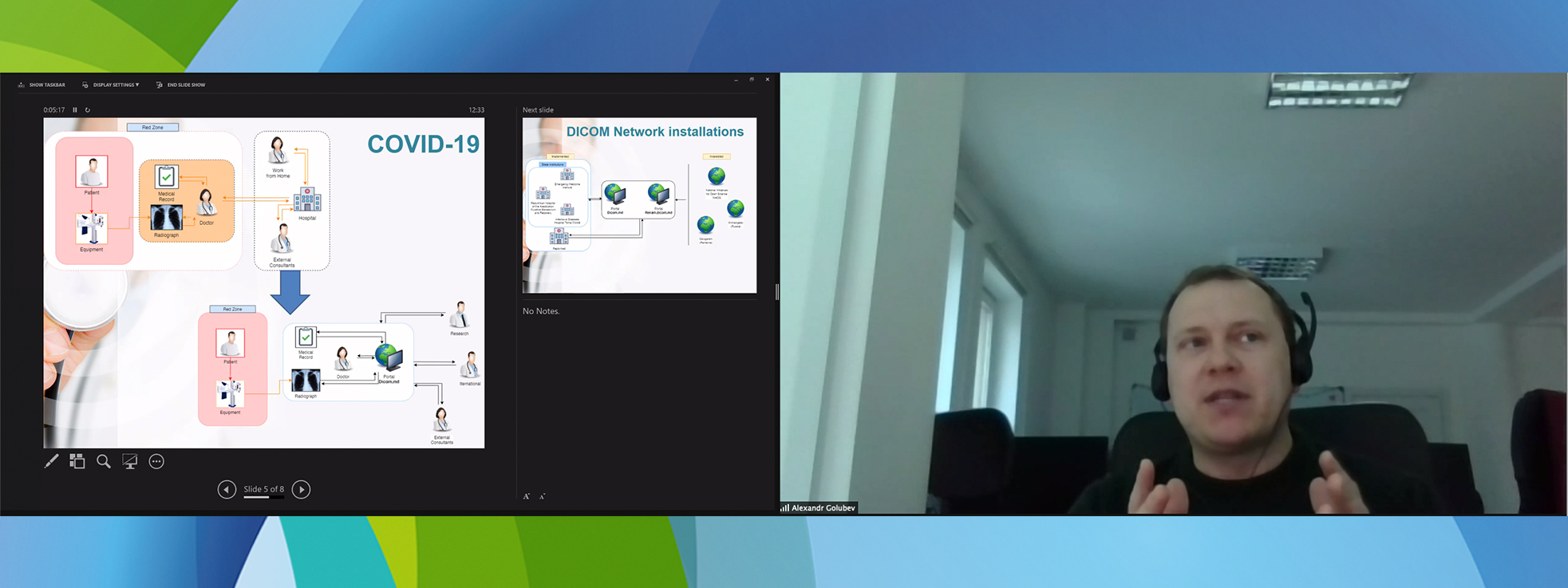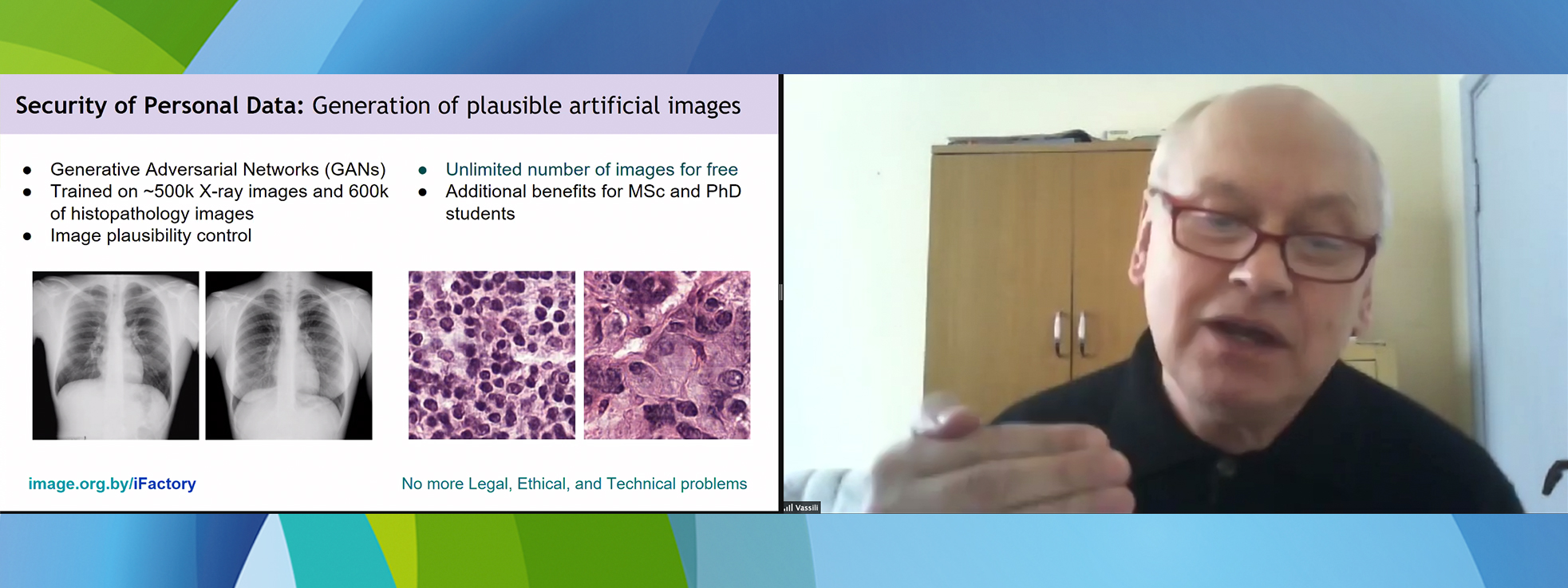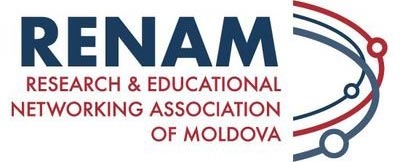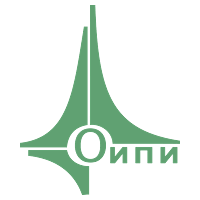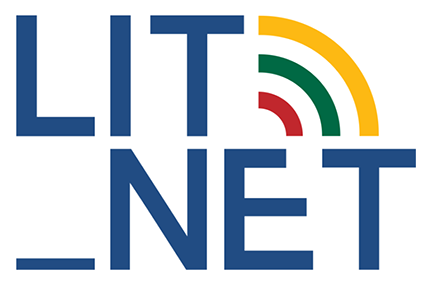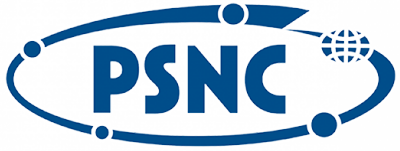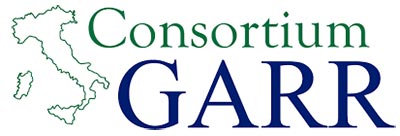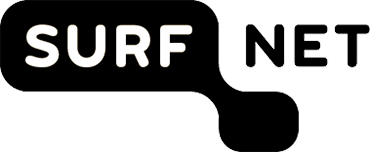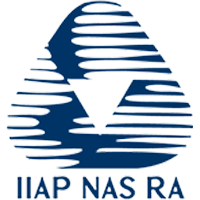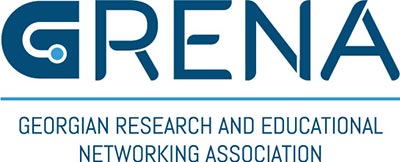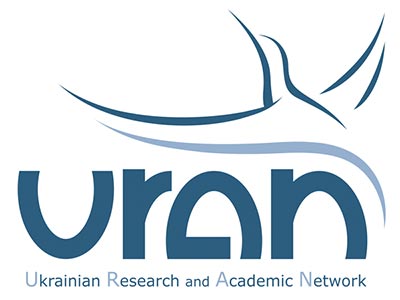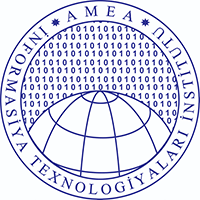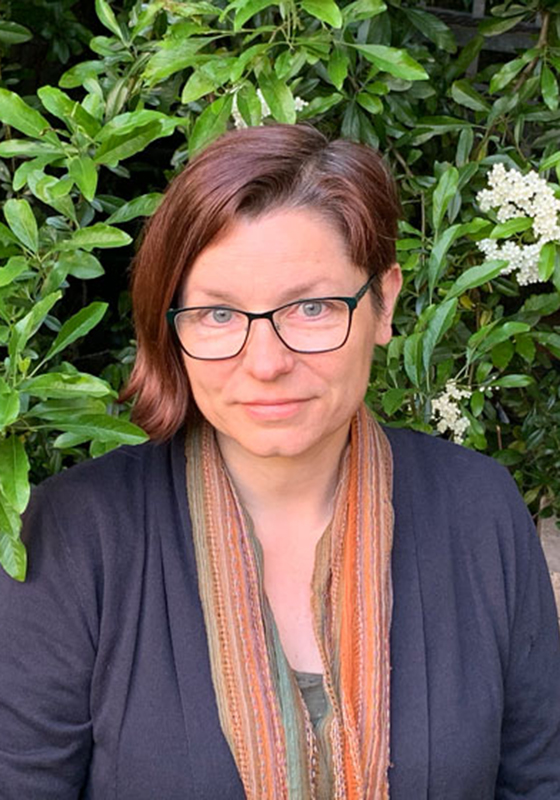Vocabulary differences, changing technologies, and lack of clarity about policy make greater e-health support by research and education networking organisations something of a moving target. But it’s a target that is well worth aiming for and this could be achieved with greater community collaboration, according to participants at the ‘e-Health Baselining Meeting’ organised by the EU-funded GÉANT and EaPConnect projects. The online event on 27 January 2021 explored common interests and challenges and highlighted initiatives from different countries.
More than 70 participants from national research and education networks (NREN) and other organisations from around the world took part in the meeting. Feedback showed a high level of interest in taking discussions and cooperation further, for example through a follow-up event or community working group activities.
Telemedicine
Presenters from Brazil and Japan presented successful telemedicine programmes that encompass a range of medical fields and rely on various technologies, services, and collaborations between medical and networking experts. Prof. Shuji Shimizu of Kyushu University recalled how high-quality video links with Brazil and Russia improved once the football World Cup was scheduled in those countries. He said that the COVID-19 pandemic had led to another improvement for telemedicine, with the growth in acceptance and use of tools such as Zoom. Luiz Messina showed how the Brazilian NREN RNP contributes to 8 of the 17 United Nations’ Sustainable Development Goals.
NRENs have a lot to contribute to the social-economic impact of Digital Transformation and Agenda 2030, if we regard them as knowledge and collaborative networks.”
Strategy and security
From among the Eastern Partnership countries, which are the focus of the EaPConnect project, UIIP NASB in Belarus and RENAM in Moldova highlighted improvements that support medical imaging access and analysis, and ultimately better data security and diagnoses for patients. Overviews of NREN e-health activities in Australia (AARNet), Denmark (DeiC), Italy (GARR), Poland (PSNC), and the UK (Jisc) covered a variety of successes and considerations: for example, how to fit health and medical research infrastructures into NREN strategy; how developments such as the drive towards ‘personalised medicine’ impact support requirements; and although security of medical data and systems is crucial, we must not let security measures get in the way of good medicine – “Patients want to be cured, not secured,” said Piotr Pawałowski (PSNC).
Challenges
Security of patient data and systems used in medical research, diagnosis and treatment is, nonetheless, a significant topic. Participants ranked it as the most important area for NRENs to focus on regarding e-health support. However, the issue of policy also came out as an area for future collaboration, both to better understand policy decisions and to influence them. And in liaising with medical professionals, the main challenge is for NRENs to find a vocabulary that results in a common understanding of concerns, needs and goals.
Another challenge, raised by Maria Ristkok (EENet of Harno), is the changing environment regarding research networks. Presenting on behalf of the GÉANT project Clouds team, she said that NRENs’ centralised computing and data handling services may be bypassed in ‘fog’ and ‘edge’ computing systems, where the compute work increasingly takes place at the level of data-gathering devices such as sensors.
Do NRENs need to widen their focus? What role can NRENs and GÉANT play in this changing landscape?”
Next steps
Participants shared their ideas and experiences through breakout discussions and an online interactive tool. Organisers will take all these inputs into account in reviewing the event and deciding on how to follow up.
Further information
EaPConnect is funded by the European Union within the EU4Digital initiative. EU4Digital promotes key areas of the digital economy and society, in line with EU norms and practices. eHealth is a major thematic area within EU4Digital.
Within the GÉANT project (GN4-3), support for the eHealth workshop was provided by the Partner Relations and Research Engagement teams.
The ‘eHealth Baselining Workshop’ agenda, slides and other materials are online.

